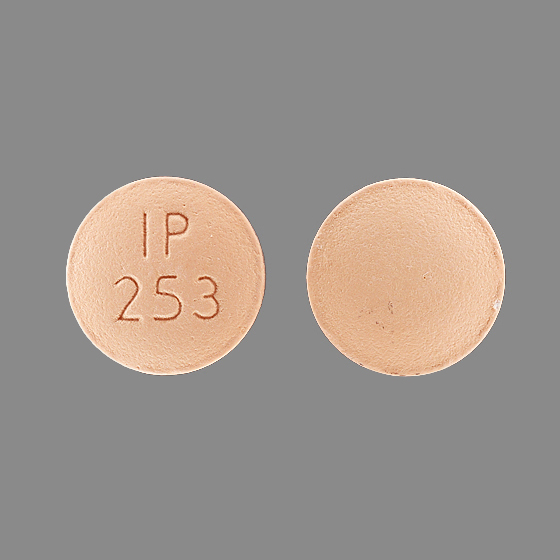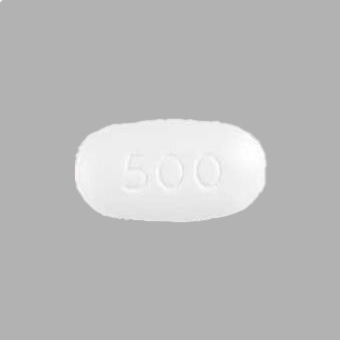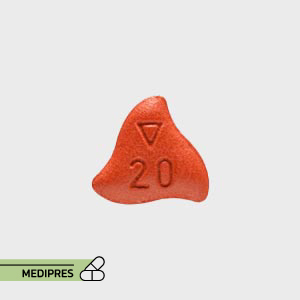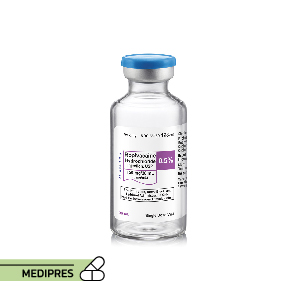
Ramelteon
23 June, 2023
Relafen
23 June, 2023Ranitidine
Generic name: Ranitidine
Drug class: H2 antagonists
Dosage forms: Injection, Syrup, Tablet, Capsule, Effervescent tablet
Root of administration: Oral, IV, IM
Dose: Injection: 25 mg/ml, Syrup: 15 mg/ml, Tablet: 75, 150, 300 mg/ml, Capsule: 150 mg/ml, Effervescent tablet: 150 mg.
Mechanism of action: Ranitidine belongs to a group of drugs called histamine-2 blockers. It works by reducing the amount of acid your stomach produces.
Drug usage cases: Ranitidine has been used to treat and prevent ulcers in the stomach and intestines. It also was used to treat conditions in which the stomach produces too much acid, such as Zollinger-Ellison syndrome. Ranitidine was also used to treat gastroesophageal reflux disease (GERD) and other conditions in which acid backs up from the stomach into the esophagus, causing heartburn. A cancer-causing impurity found in many ranitidine medications may increase to unacceptable levels over time and when ranitidine is stored at high temperatures. As a result, the FDA has asked all makers of ranitidine to withdraw this medicine from the market in the United States.
Drug contra indications: If you have been taking prescription-strength ranitidine: Before you stop taking the medicine, ask your doctor about safer treatment options. If you have been taking over-the-counter (OTC) ranitidine: Stop taking the medicine, and ask your doctor or pharmacist about other approved OTC stomach acid reducers. Heartburn can mimic early symptoms of a heart attack. Get emergency medical help if you have chest pain that spreads to your jaw or shoulder and you feel anxious or light-headed. Before using any OTC medicine to reduce stomach acid, ask a doctor or pharmacist if the medicine is safe for you if you have other medical conditions or allergies.
Side effects: Get emergency medical help if you have signs of an allergic reaction to ranitidine: hives; difficult breathing; swelling of your face, lips, tongue, or throat. Stop using this medicine and call your doctor at once if you have:
stomach pain, loss of appetite; dark urine, jaundice (yellowing of the skin or eyes); fever, chills, cough with mucus, chest pain, feeling short of breath; fast or slow heart rate; easy bruising or bleeding; or problems with your skin or hair.
Warnings: Ranitidine has been withdrawn from the market in the United States. Some of the contents of this leaflet are preserved for historical purposes only. Using ranitidine may increase your risk of developing pneumonia. Symptoms of pneumonia include chest pain, fever, feeling short of breath, and coughing up green or yellow mucus. Talk with your doctor about your specific risk of developing pneumonia. Do not use this medication if you are allergic to ranitidine. Ask a doctor or pharmacist if it is safe for you to take this medicine if you have kidney disease, liver disease, or porphyria. Heartburn is often confused with the first symptoms of a heart attack. Seek emergency medical attention if you have chest pain or heavy feeling, pain spreading to the arm or shoulder, nausea, sweating, and a general ill feeling. Ranitidine granules and effervescent tablets must be dissolved in water before you take them. Your doctor may recommend an antacid to help relieve pain. Carefully follow your doctor’s directions about the type of antacid to use, and when to use it. Avoid drinking alcohol. It can increase the risk of damage to your stomach. It may take up to 8 weeks of using this medicine before your ulcer heals. For best results, keep using the medication as directed. Talk with your doctor if your symptoms do not improve after 6 weeks of treatment.
Use during pregnancy or breastfeeding: Ask a doctor before using any OTC stomach acid medicine if you are pregnant or breastfeeding.



